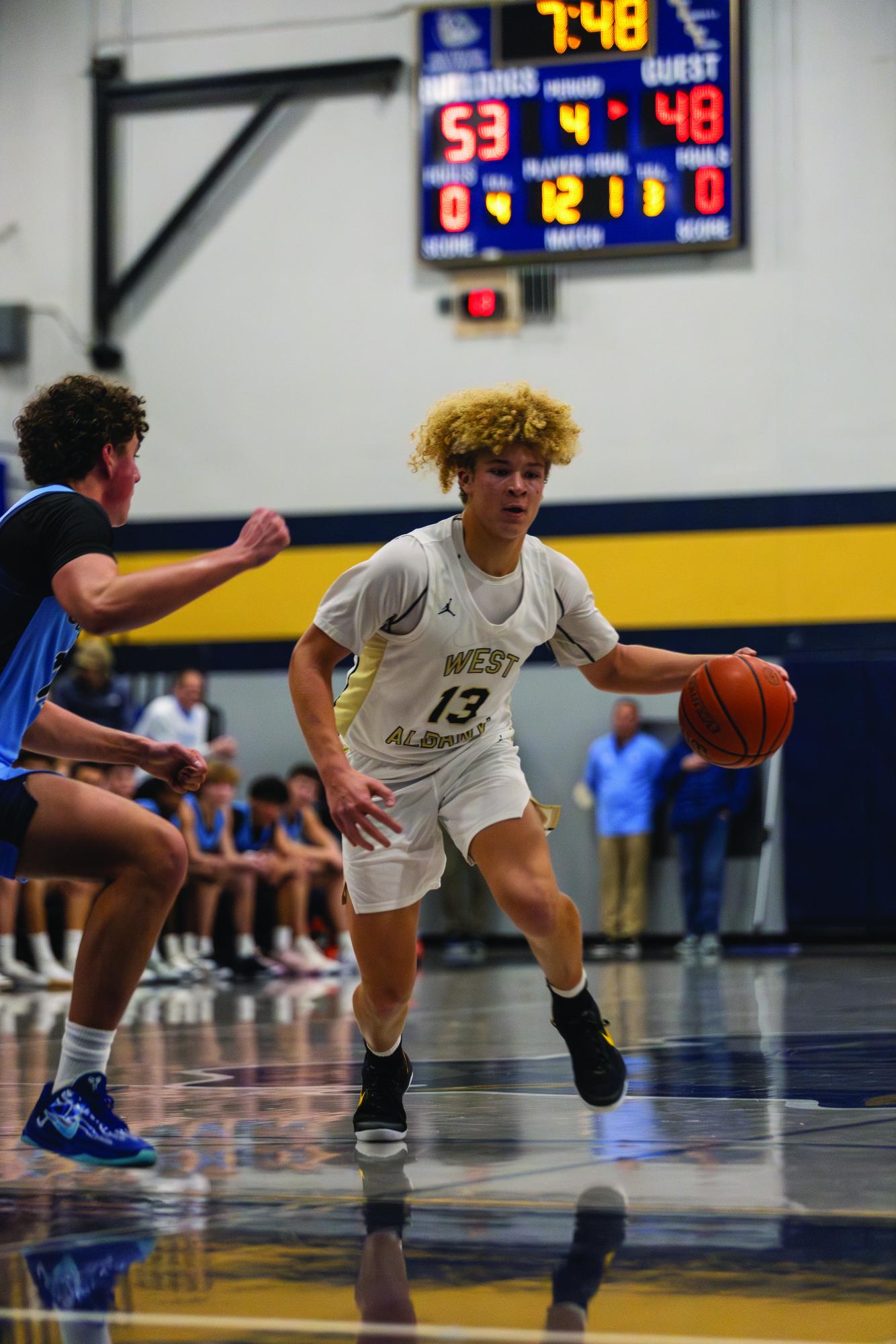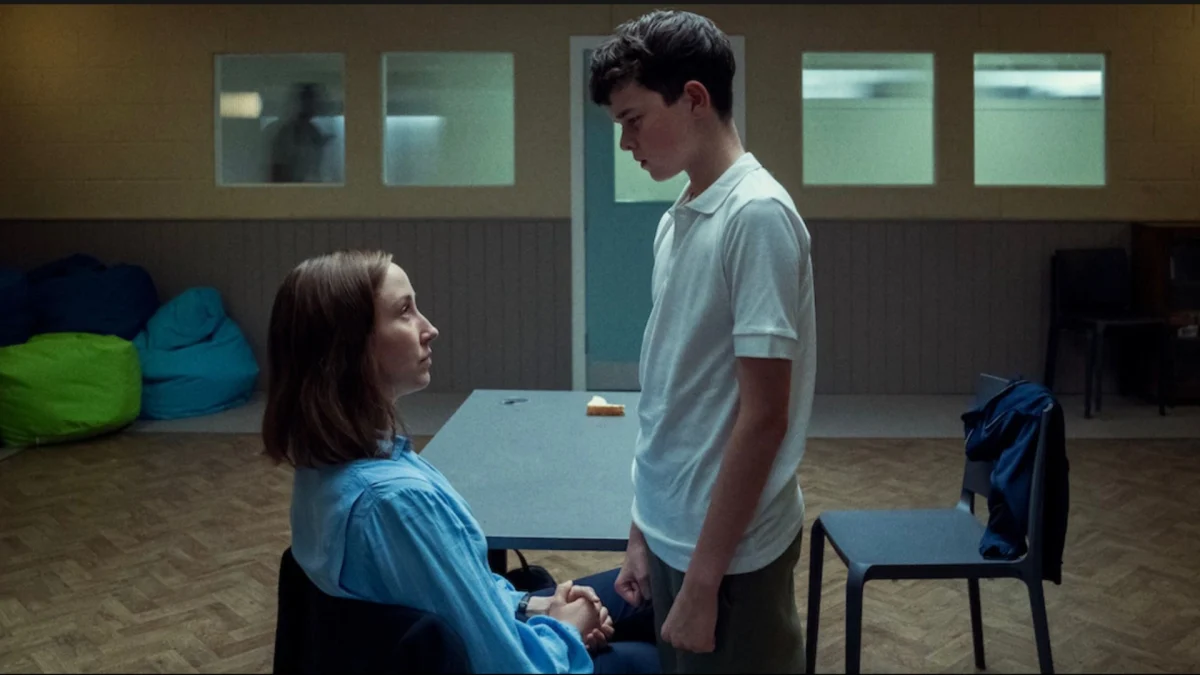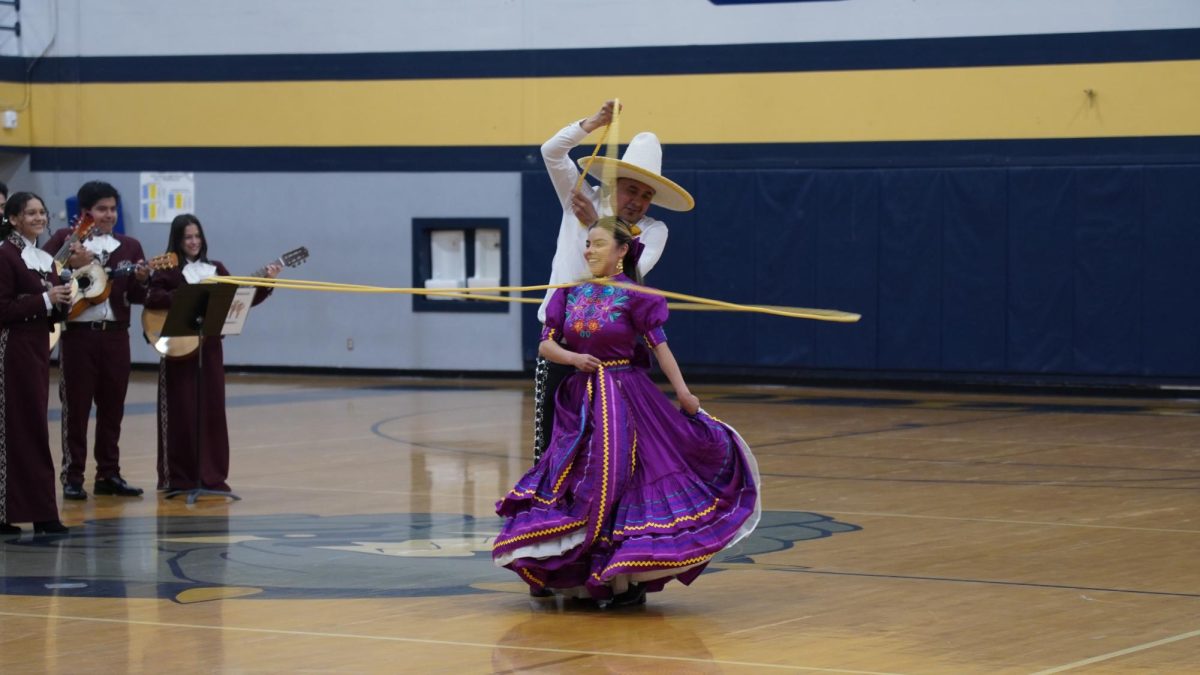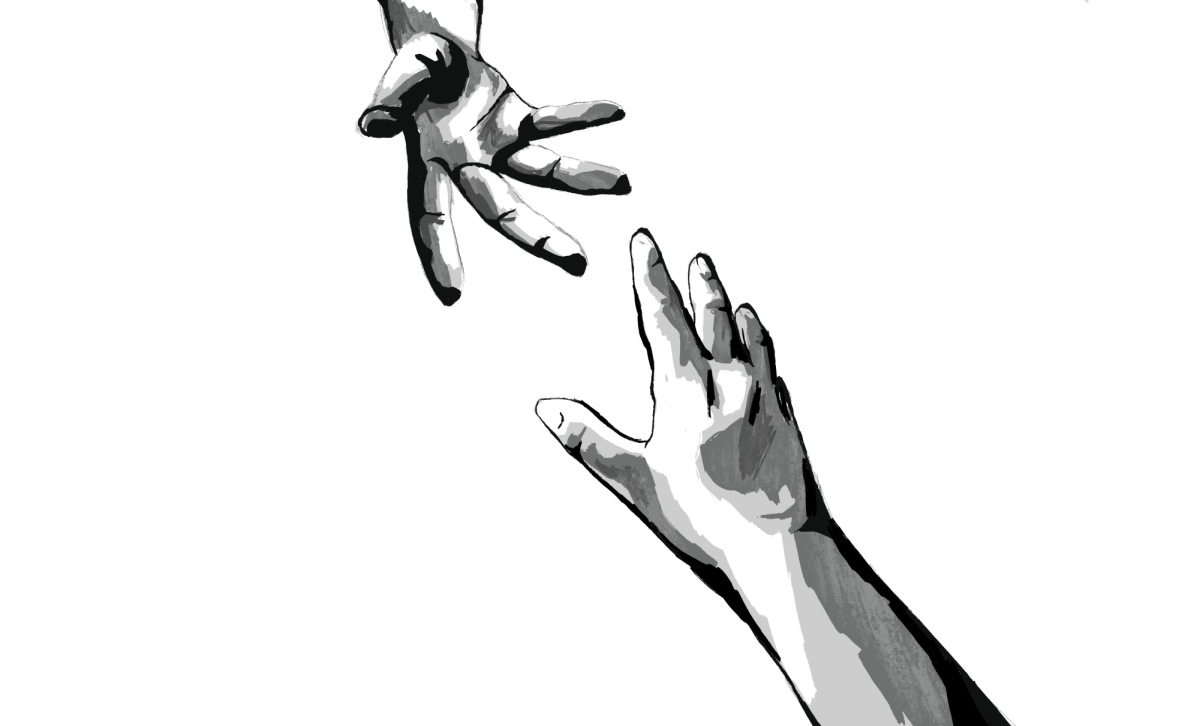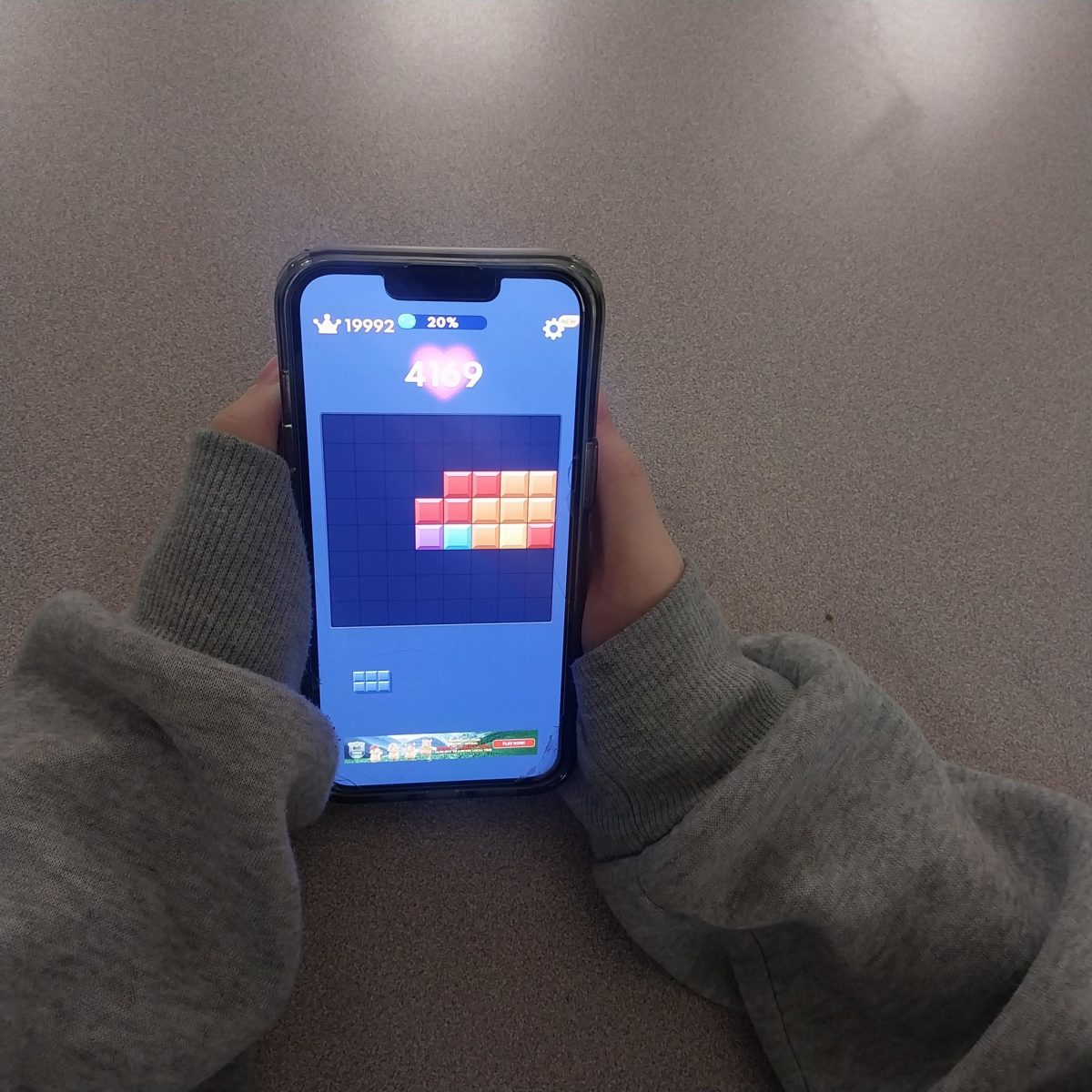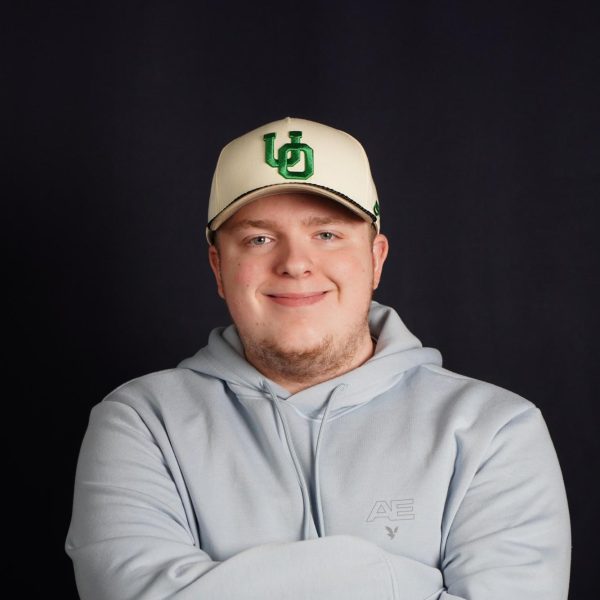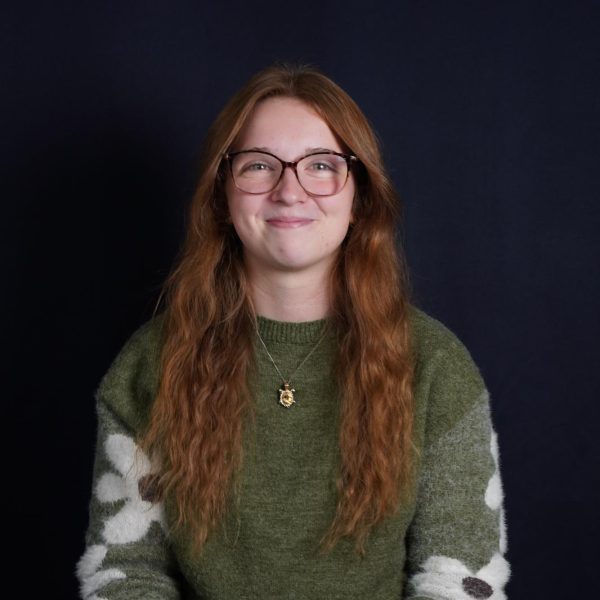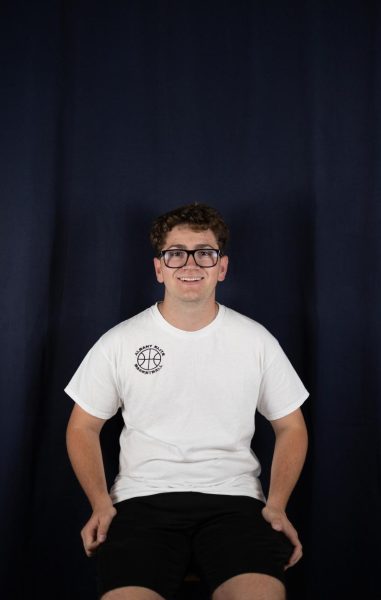Sports will always have difficult aspects, as will most things. It’s a part of life. But sometimes those difficult times are easier to go through when athletes have someone to experience it with.
Out of the kids who play sports at West Albany, among them are some sibling pairs who share this dynamic. Whether you have a sister, a brother, or even a twin, an extra pair of eyes is not only convenient, but they serve as motivators for improvement.
Growing in the same sport as someone so close provides room for siblings to bond on and off court. They know how to help each other, and can recognize their strengths and weaknesses.
According to a study published by Journal of Amature Sport of Utah State Univeristy, “Youth who reported warmer sibling relationships also reported greater sports-related skills. It could be that warmer sibling relationships promote a context in which sports-related skills can be practiced and enhanced.”
Siblings can challenge each other and spark emotion in ways regular teammates can’t. They can be that final push that gives you the motivation that you want and need to improve.
This can also bring pride. Being the sibling that motivates the other, that teaches and guides; it is a great leadership role and a big responsibility, but can lead to a fulfilling feeling.
Having siblings in sports can give you the opportunity to learn, grow, and build stronger connections with each other, along with the passion that you share, together.
Side by Side: Tyson and Jordan Walker (By Ayrianna Vanhoorebeke)
Most people found on the court are good friends, but sometimes they’re not just that. There are some people on the court with the same last names, and have known each other their whole lives, known as siblings. A sibling duo at West Albany High School is Tyson Walker and Jordan Walker.
“Whenever I’m playing basketball with Jordan [Walker], we compete against each other, but we know each other’s skill sets and everything,” Junior Tyson Walker said. That chemistry shows during games, especially when they instinctively know where the other person will be on the court. “We’re both pretty big, so we both do fine in the post in basketball,” Tyson Walker said. “We will let [ourselves] back down to each other, and that comes from playing against each other at our house.”
That strong bond gives them an edge because they trust each other completely, both on and off the court. “Over the last year, we’ve both been playing high school sports. I would say we have gotten closer,” Tyson Walker said.
While one relies more on pure strength to dominate, the other uses speed to outmaneuver defenders. “His speed and my strength; when he’s not strong enough, I would be fast enough,” Freshman Jordan Walker said. Interestingly, they also play the same position in football, which pushes them to constantly improve and compete with each other even more. “[In] football, we’re both kind of around the same position, and I think it’s due to our size, because we’re different,” Jordan said.
In the end, whether it’s basketball or football, their bond as brothers and teammates sets them apart. Competing side by side not only made them better athletes but also brought them closer together. The combination of shared positions, constant competition, and mutual respect has created a unique dynamic that fuels their success. Their story shows how family, teamwork, and dedication can shape not only stronger players but stronger characters as well.
Up to Bat: Gaige and Grant Bending (By Gavin Ray)
Throughout the world, many siblings play the same sport together. Travis and Jason Kelce, Steph and Seth Curry, and sophomores Gaige and Grant Bending. They both play baseball at West Albany High School, which is both motivating and convenient for the twins.
“He’s like a built-in throwing partner, he can throw me pitches to work on hitting. There’s just so much [help] that comes with him,” Gaige said. He finds it easier to improve when he has someone to practice with at home. “Having someone at the house to play catch with helps a lot,” says Gaige. The twins agree that baseball has made them grow closer as siblings.
Gaige and Grant have been playing baseball together since 4th grade. This year, they swing for varsity. “I’d say that we’re pretty even in everything we do,” Grant said. He also likes to compete against his brother, saying that he has gotten a lot better since he has been competing against him.
Both of the brothers agree that baseball has helped them improve, grow, and relate to one another. “He can also point out the stuff you’re doing wrong, stuff you only see from the side,” Gaige said.Their sibling bond allows them to grow strong when they’re separate, and when they’re together.
From the Same Goal Line: Chloe and Morgan Hoffman (By Kayla Stefan)
“The thud of cleats hitting the turf, the echo of a ball being passed from person to person, applause roaring from the crowd with every goal scored. Players chasing down the ball, two pairs of cleats, and faces, run to get to the ball first. Seniors Morgan and Chloe Hoffman have played soccer together for 14 years.
“I feel like I know where she is [on the field] even though I don’t have to look up,” Chloe Hoffman said. Some people may think that playing with a sibling could be challenging due to the pressure and competitive nature of sports, but that’s not the case for the Hoffmans.
“My sophomore year, I got put on JV and Morgan got put on varsity and I wanted to get on varsity so bad and I tried so hard, and then I ended up bumping up mid season to varsity,” Chloe Hoffman said.
Although there are some benefits to playing with a sibling during a game, practices leading up to the game can pose some challenges for siblings. “We’re always, like, friendly fire. But obviously there’s some competition there,” Morgan Hoffman said.
Being together all their life, the Hoffmans have found that things that happen on the field sometimes don’t always stay there. “The debrief after games, we gossip … but it’s mostly about how we played and what we think we could do better,” Morgan said.
Playing with family may seem to have only benefits to some, which is exactly the case of the Hoffmans. Some aspects allow them to grow as athletes and trust one another, while also pushing one another to be the best they can.
Legacy to Live Up To: Madison and Elisa Marteeny (By Adilynn Atchley)

When you have an older sibling, it is easy to see them as a role model. Even when siblings don’t hang out with each other often, younger siblings might find something their older sibling does that they look up to and motivates them to improve in that area. This is the case for tennis players freshman Elisa Marteeny and senior Madison Marteeny.
“[Madison] practices a lot out of season, which is good,” Elisa said. Elisa can see the amount of work and practice Madison puts into her moves, and she notices when it pays off. “She gets a really good spin on the ball, which [has to do with] your grip,” Elisa said. “She does that well, so I try [to do that].” Elisa tries to practice out of season to improve in the way her sister does.
“It’s hard to learn new skills during the season; it can mess up your consistency.” Madison recommends practicing as much as you can during the off-season to improve your skills because if you try something new during a match, it can make or break your game.
“[Elisa can] adapt from different partners. I have had one partner all four years, and she has had like four different partners in one season,” Madison said. “It makes a huge difference playing with different people.” Madison says being able to play with others grows your skills and adaptability, and that is a skill Elisa has that she admires.
“Over the summer, [my mom encouraged] me to give her private lessons, and I taught her a lot, but it was helpful for me too,” Madison said. She hopes that Elisa sees her as a role model, as they share a lot of the same extracurriculars.
“[Madison] is better closer up. She’s had more experience than [I have],” Elisa said. “[But] I think I have improved a lot. There are a lot of girls better than me, being in that environment helps.” Elisa believes practicing over the summer with her sister and playing with other girls during the season has helped her improve exponentially. She also believes this will continue to help motivate her. “You want to live up to your older siblings’ legacy, but it also does help me.”

